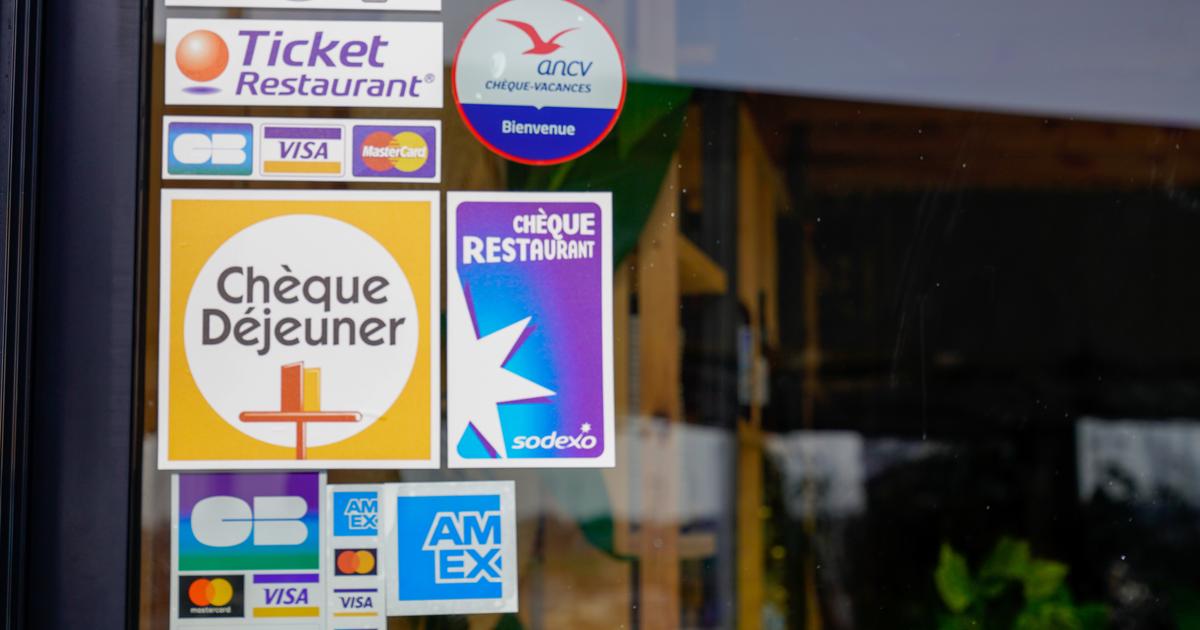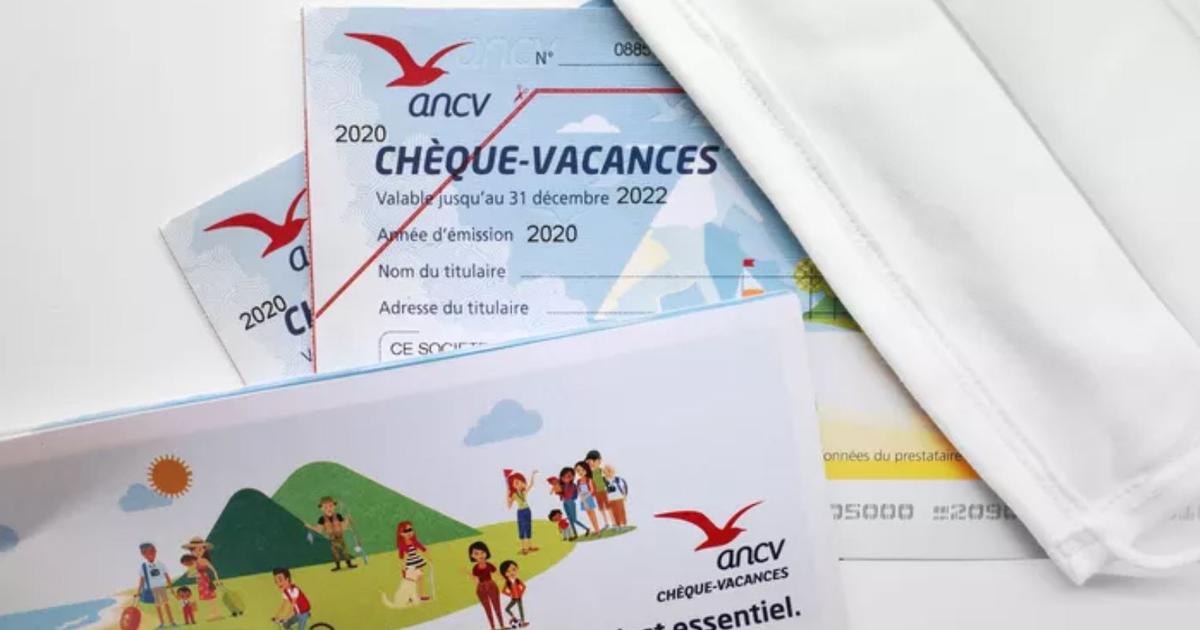Even if they work at home, employees can still benefit from meal vouchers for food.
It was the Paris judicial court which recently affirmed this by severely condemning the oil equipment company Schlumberger to reimburse meal vouchers for all employees who had been deprived of them since the first confinement.
There may be an appeal, but for now, it is the equality of treatment between face-to-face employees and teleworkers that prevails.
“The conditions of use of meal vouchers are completely compatible with the performance of teleworking functions since their guiding principle is to allow the employee to eat when his working time includes a meal, and that As such, teleworkers are in a situation equivalent to that of on-site employees, ”said the court in the reasons for its decision.
This judgment, a first, is already scrutinized by many companies while telework has once again become "systematic".
In this case, the regularization, payable by the employer, will be done in cash on the basis of the employer's share of 5.22 euros per meal ticket, or more than 1000 euros per employee.
The judges consider that the meal voucher allows the employee to pay the price of the meal consumed during his working day, no matter what he puts in this meal, and no matter if he consumes it later.
He can, for example, order in click and collect, then pay with a meal voucher.
Another novelty: the jurisdiction is based on two recent texts by giving them legal value: on the one hand the National Interprofessional Agreement (ANI) which the social partners have concluded in large numbers after long negotiations, and on the other hand on the questions and answers posted online by the Ministry of Labor - which is in the same position.
Conversely, Malakoff Humanis won the case
However, and although this case law is a landmark, it is not
final rule and may change depending on the context and the case.
"Only a decision of the Court of Cassation will be able to have a uniform and indisputable principle on the obligation for the employer to issue meal vouchers to its employees in telework", recalls the lawyer in labor law, Eva Kopelman.
And for good reason: 15 days ago - a sign of the difficulty of interpreting the legislation on the subject in times of health crisis - another first degree court had said the opposite.
In a judgment rendered on March 10, the Nanterre court this time ruled in favor of the Malakoff Humanis company.
Before the crisis, the social protection group granted meal vouchers to its employees when the work site did not have a company restaurant.
Since March 2020 and the use of remote work, the group had stopped awarding meal vouchers to teleworking employees, which led to a complaint from the Unsa Fessa union.
“In this case, the judges considered that the employer did not have to award restaurant vouchers to employees working from home because they felt that their situation did not generate any additional cost linked to lunch outside at noon.
For the judges, the latter are therefore not in the same situation as those who carry out their activities in person, ”explains Eva Kopelman.
Newsletter It pays me
The newsletter that improves your purchasing power
Subscribe to the newsletterAll newsletters
READ ALSO
> Teleworking: at SFR, employees deprived of meal vouchers since the first confinement
If nothing is definitively settled, "the Labor Code however provides for a principle of equality between employees who telework and those present on site, both in terms of remuneration and meal vouchers", underlines, for its part , lawyer Muriel Pariente.
In this case, it is the Court of Appeal of Versailles which will speak.















